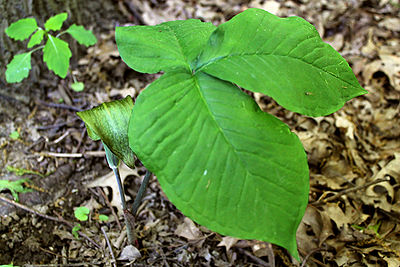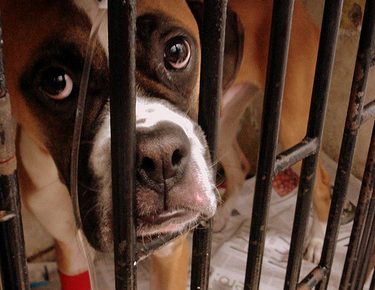Today many pet owners have opted to feed their pets raw or homecooked diets. There won’t be the recalls that are so common with manufactured pet food, but if not handled properly can raise the risk of salmonella. All food whether raw, cooked or ready-made should be handled carefully .
In the wild pets often ate contaminated food. Due to the high stomach acidity and huge production of bile present, most of these organisms don’t survive in your pet.
Healthy animals can handle bacteria from food. AVMA (the American Veterinary Medical Association) reports that healthy dogs have 1%-5% or more in their feces and 1%-18% in healthy cats.
Pets that are more prone to developing salmonella infections are seniors, those with poor diets, cancer patients, those receiving antibiotics, chemotherapy or glucocorticoids therapy and sometimes pets under stress.
Here are some tips to help avoid salmonella infection.
When feeding raw or homecooked meals, freeze in serving sizes. Defrost in the refrigerator.
Food, cooked or raw, should not be left out more than 30 minutes. Discard it if not eaten within that time, especially in hot weather.
Thoroughly clean all utensils, bowls and surfaces after food preparation. Using a dishwasher will sterilize them, otherwise you can pour boiling water over them after cleaning.
Humans should wash hands thoroughly after food preparation. This includes after handling any pet food and/or treats.
Keep your pet healthy with regular checkups at your vet. Add a daily probiotic to your pet’s food.
Use separate utensils and bowls for your pets.
Thoroughly clean counter-tops or any area where there was food.
If possible, avoid feeding your pet where you prepare food – ie: the kitchen.
People whose immune systems are compromised, children, the elderly or ill, should not handle food.
Never feed you pet pig ears as there is a high percentage of salmonella contamination in this treat and there have been repeated recalls.
If you have pet reptiles and amphibians, wash hands thoroughly after coming in contact with them. See our article about Reptile Pets and Salmonella.
Tell your children not to touch any of these creatures that may inhabit your garden.
Symptoms of the the presence of salmonella infection can be vomiting (sometimes with blood), diarrhea (often with blood present), fever, poor or no appetite, gurgling and bubbling sounds in the abdomen, lethargy, dehydration, drooling and panting. A few pets experience arthritis-like joint pain, straining and frequent urination, redness and swelling of the eyes.
Salmonella can be transmitted to humans and other pets. If you suspect your pet has been infected, take him/her to your veterinarian immediately or nearest emergency animal clinic.


